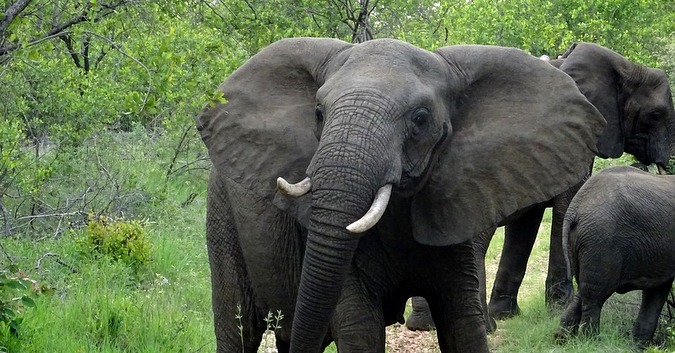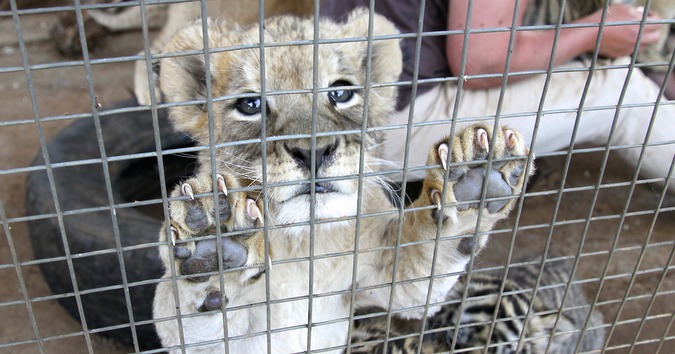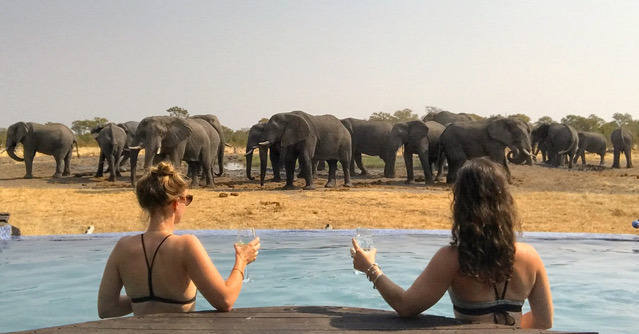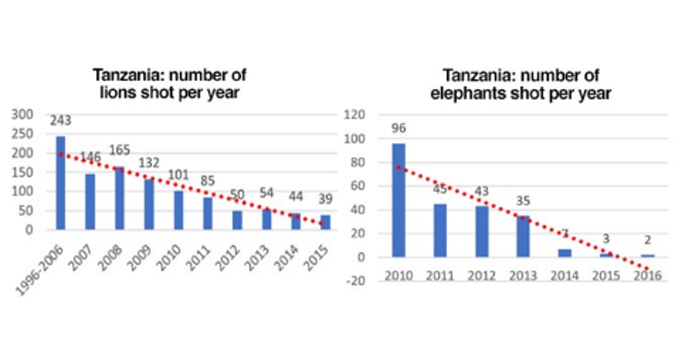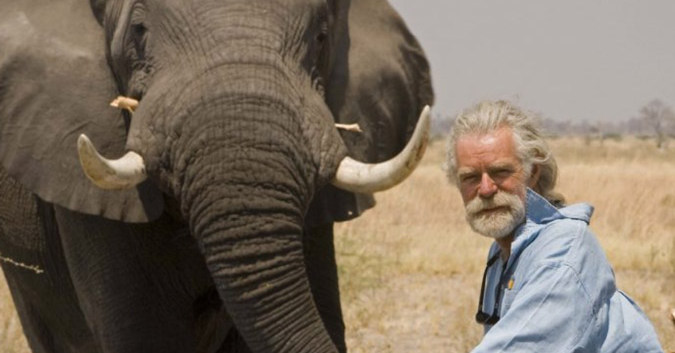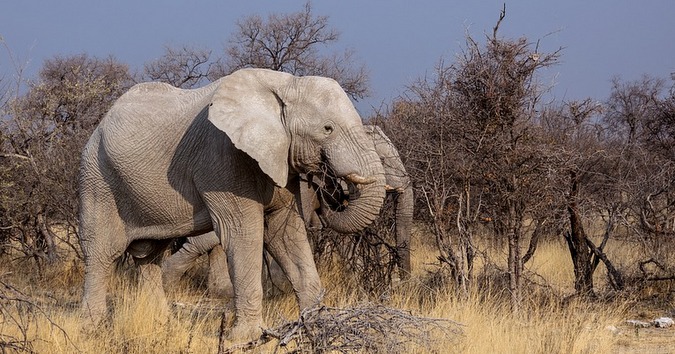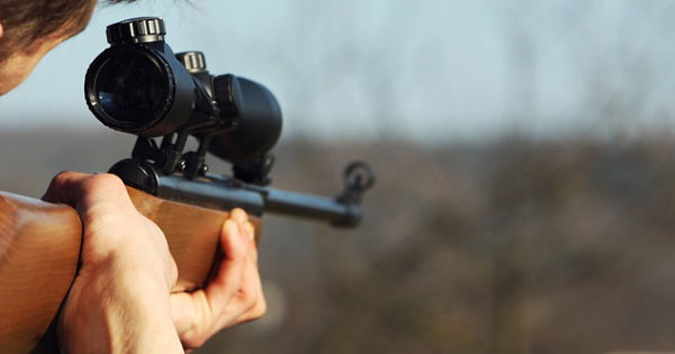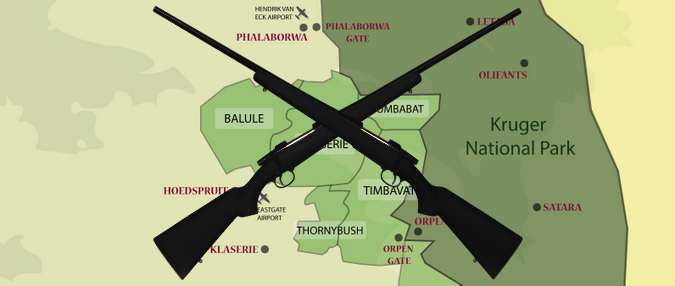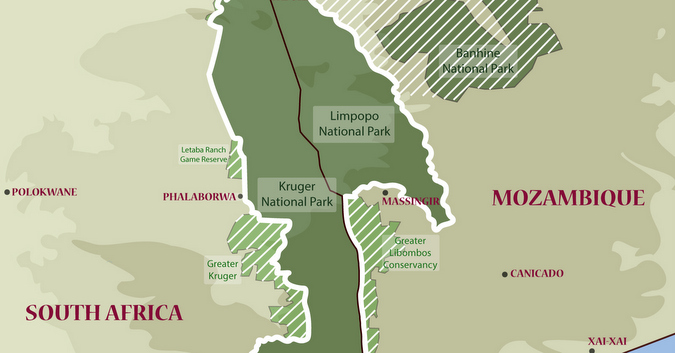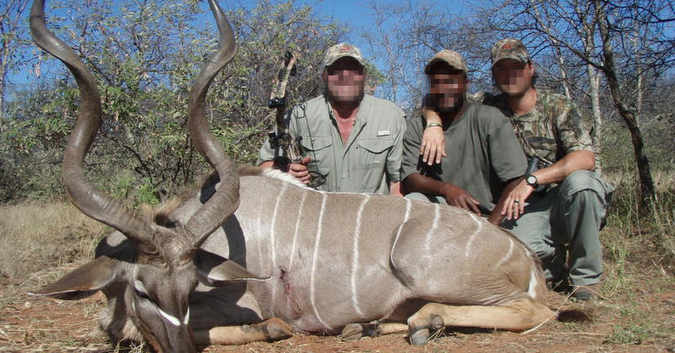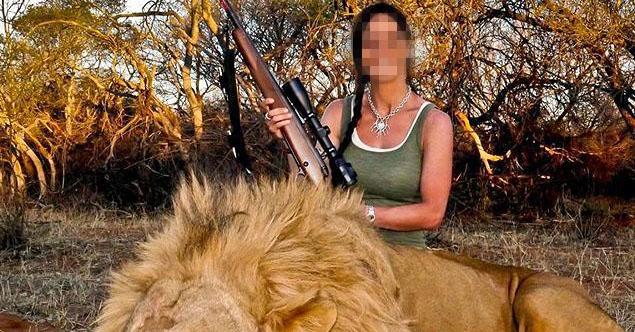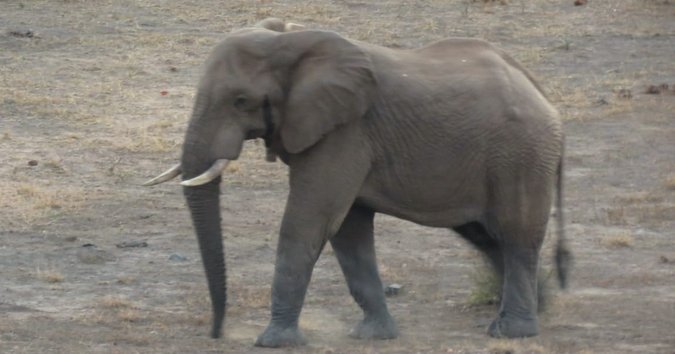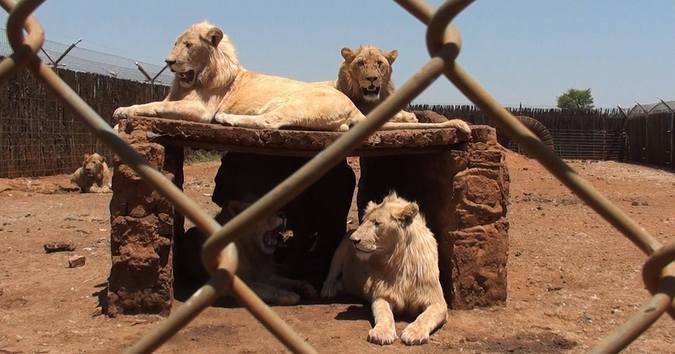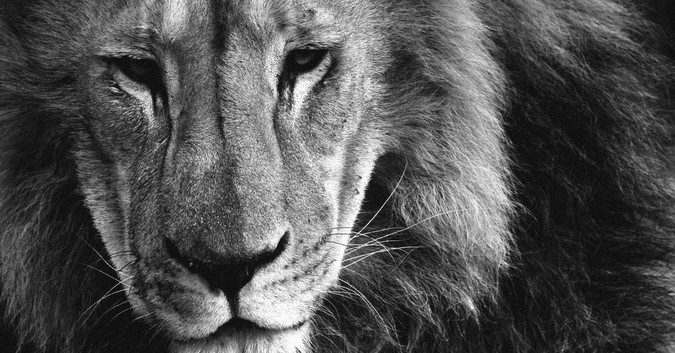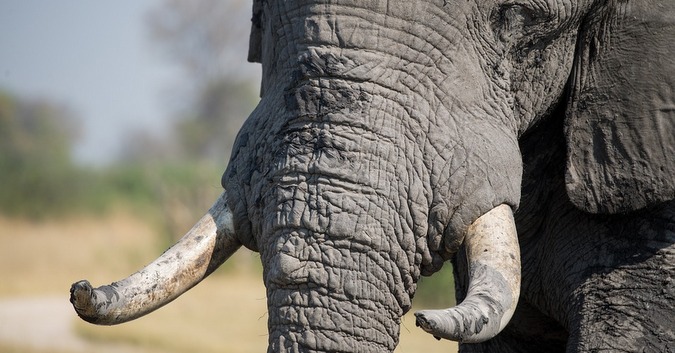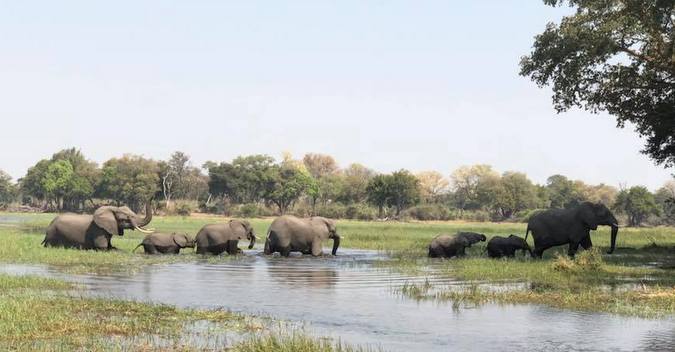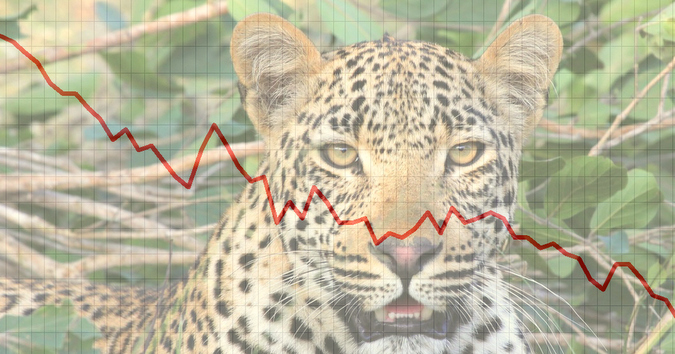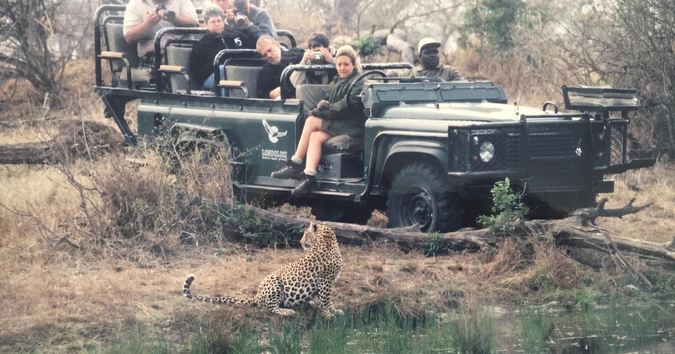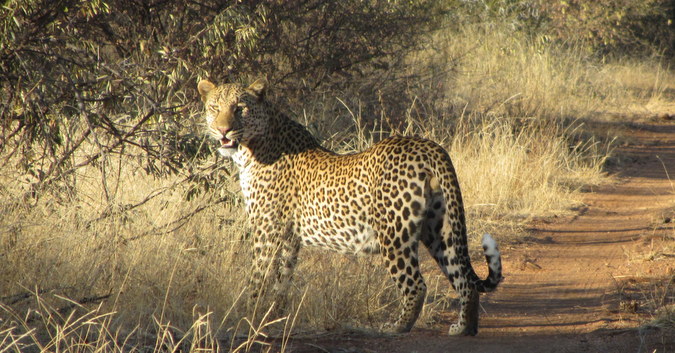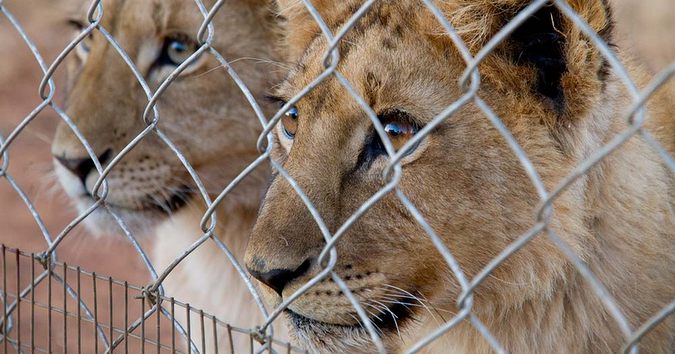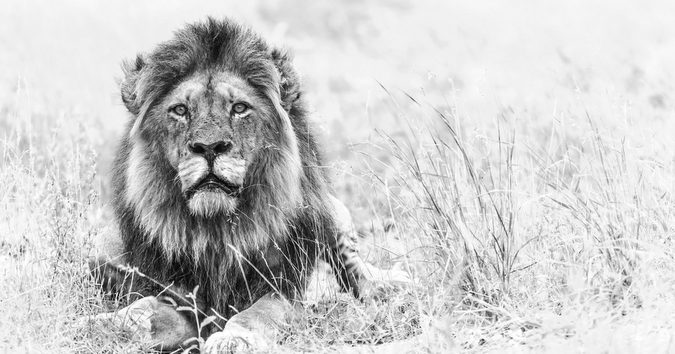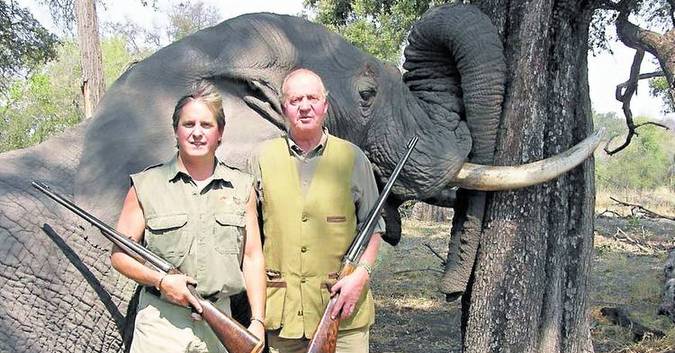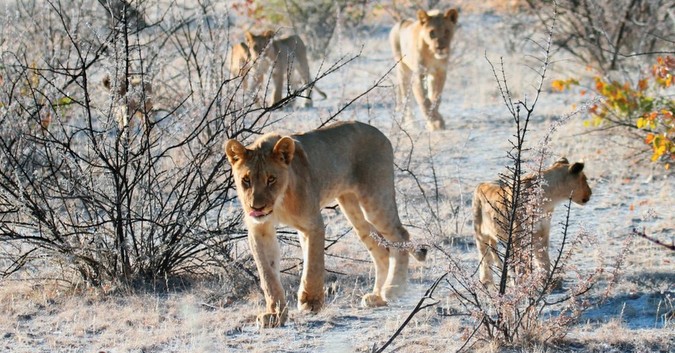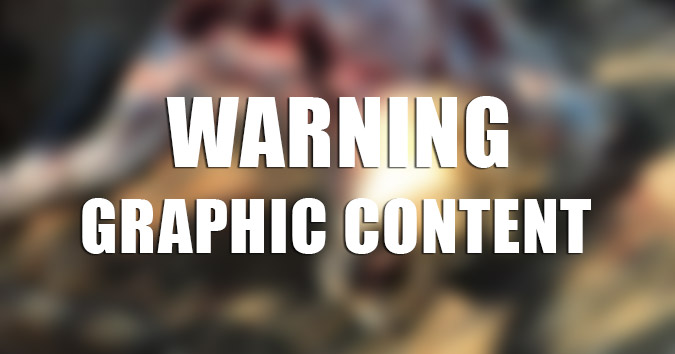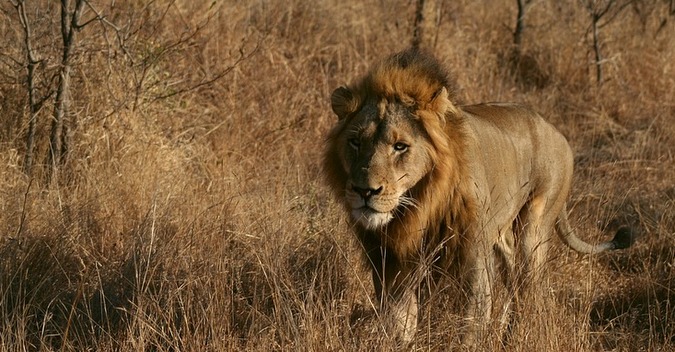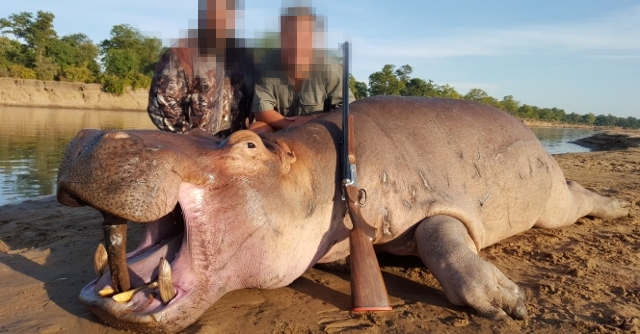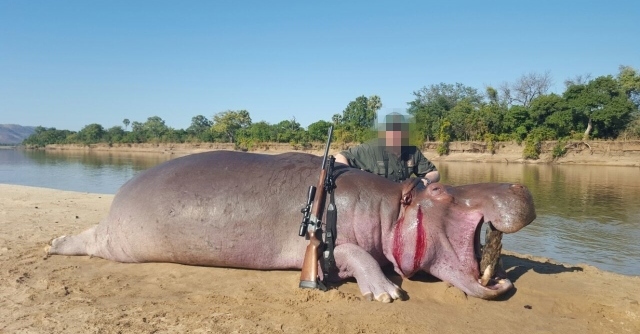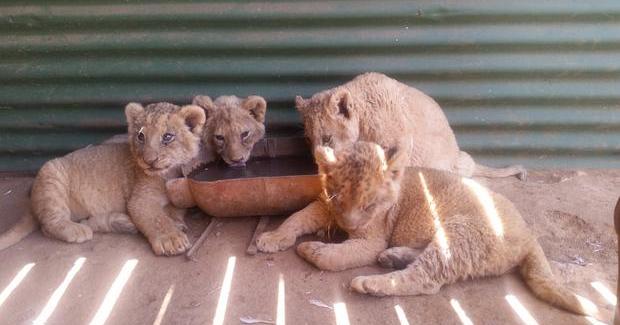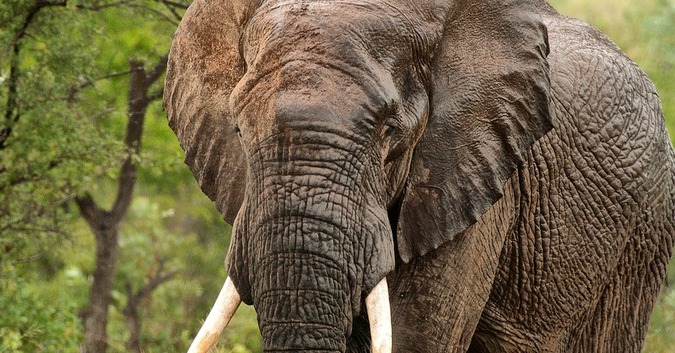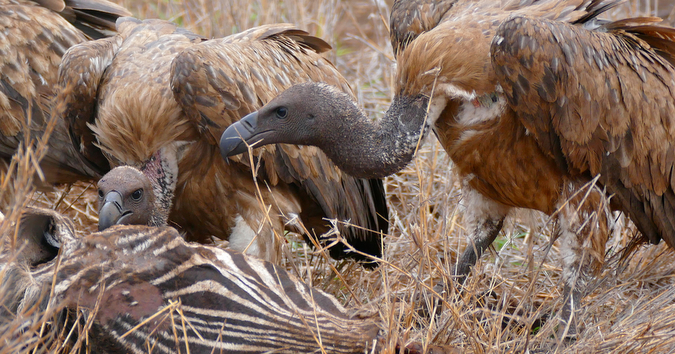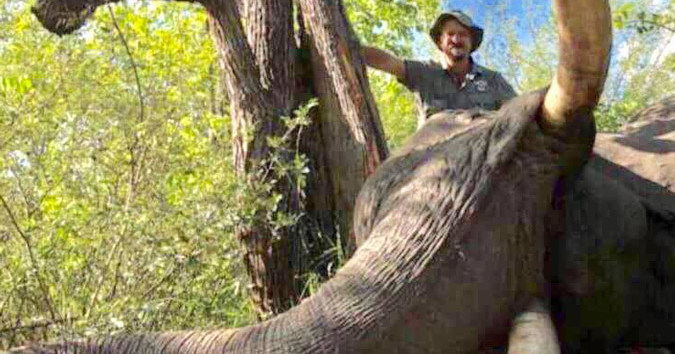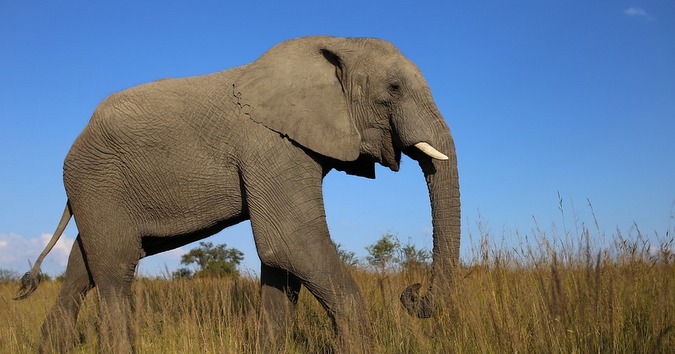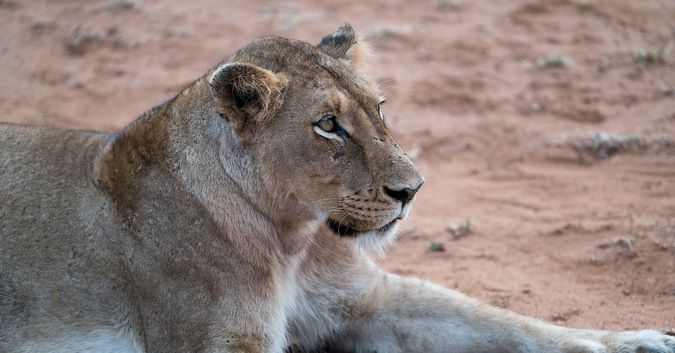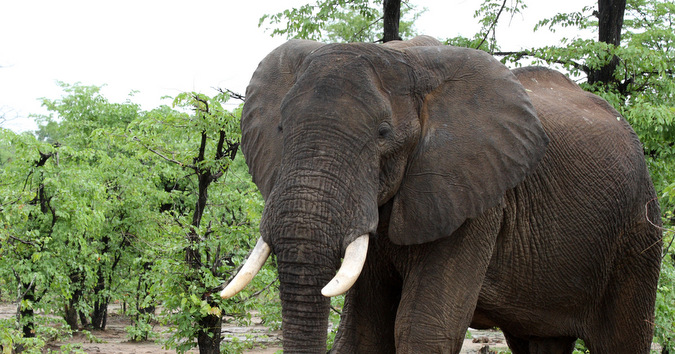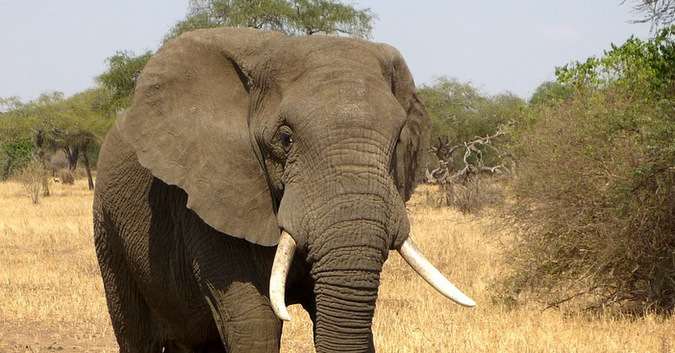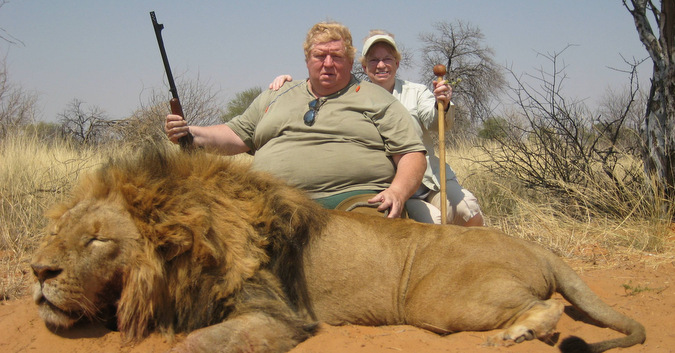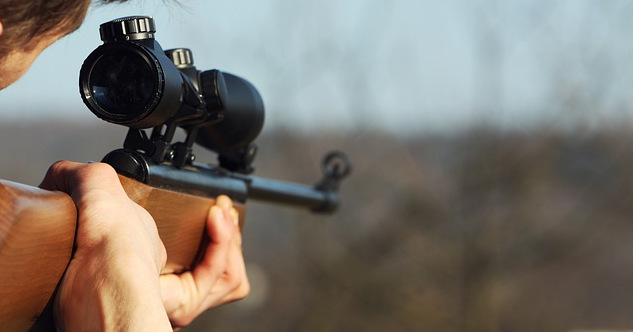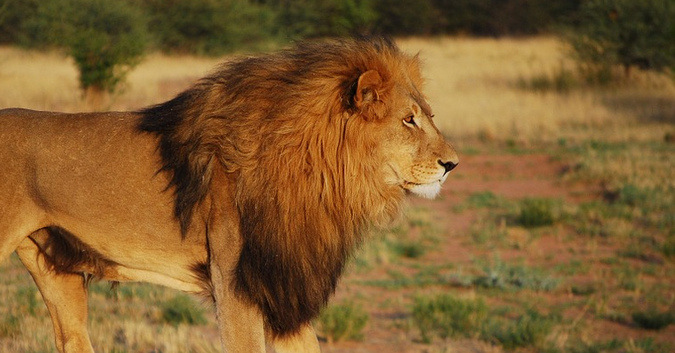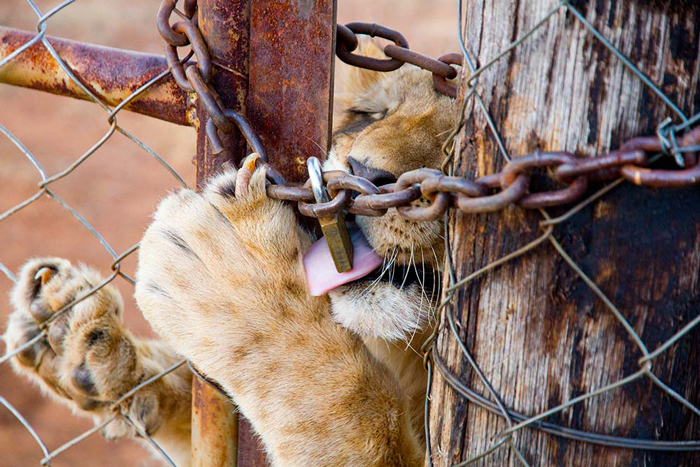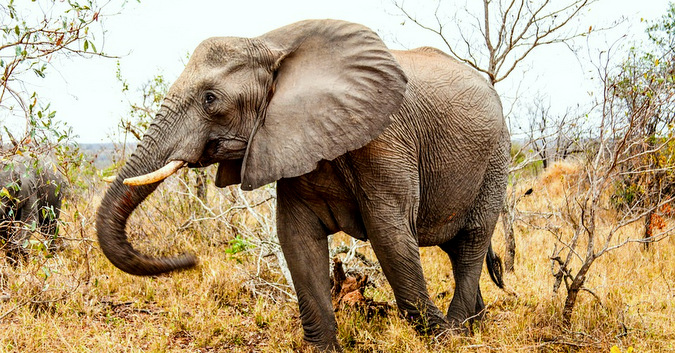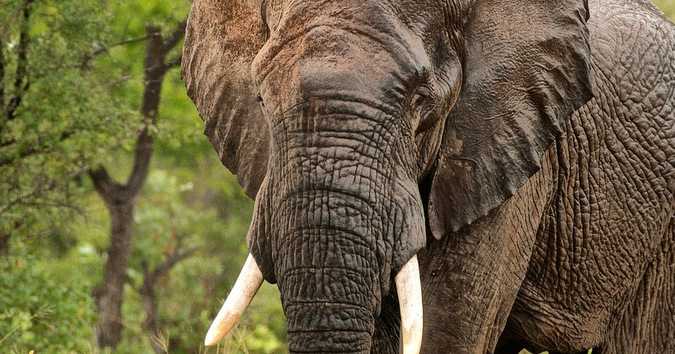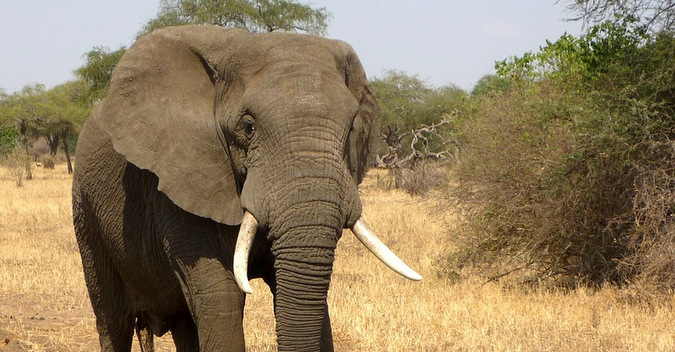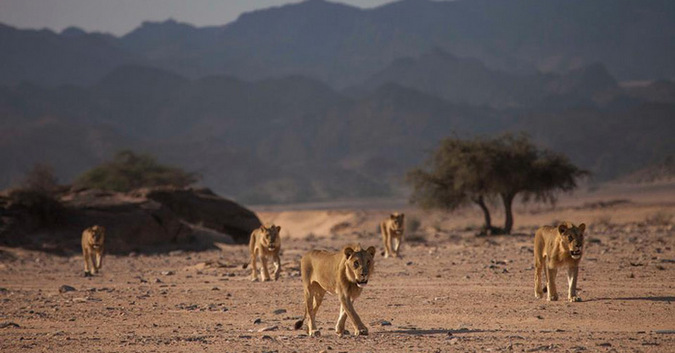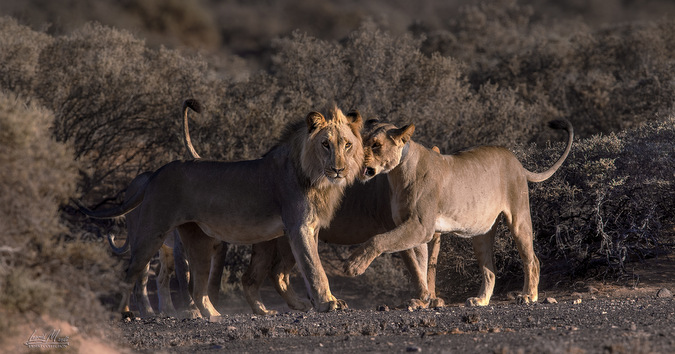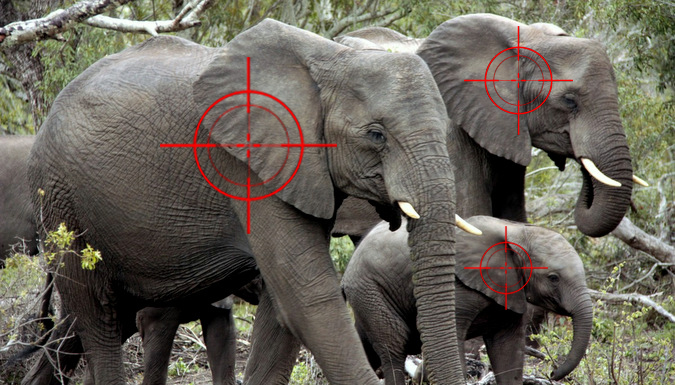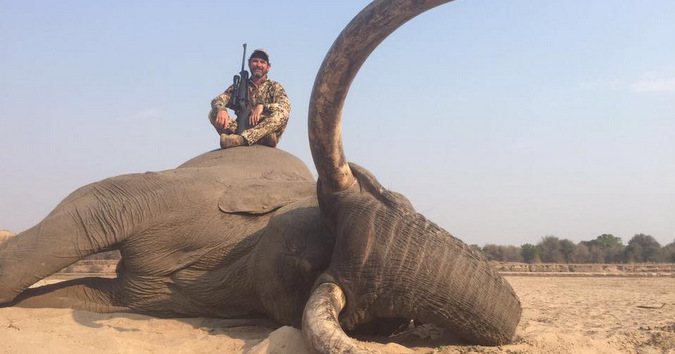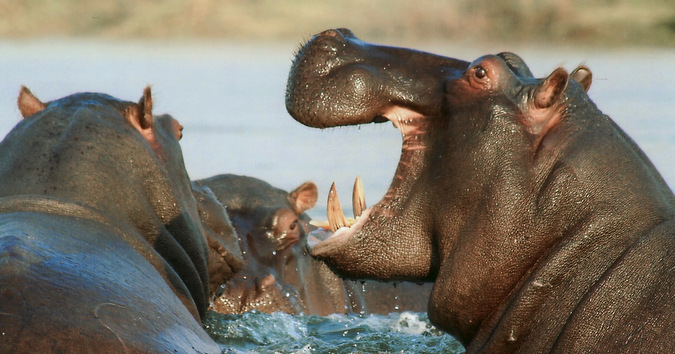Trophy hunting in the Greater Kruger – biodiversity conservationist provides perspective, and suggests that well-funded groups opposed to hunting have a disproportionate voice in social media, compared to local communities that are affected by living amongst or near wildlife, and carry the costs.
Category Archives: Hunting
Captive lion breeding is here to stay, says DEA
The Department of Environmental Affairs has rejected the Portfolio Committee’s resolution to end the captive breeding of lions.
Opinion: Put down the petitions – help create alternatives for Botswana beyond elephant hunting
Botswana elephant debate: Tourism marketing manager urges the tourism industry to create alternatives beyond elephant hunting.
Trophy hunting in Africa is in decline, and no longer pays its way
Trophy hunting in Africa is in decline, and no longer pays its way, leading to poaching and habitat loss in hunting areas – according to IUCN report
Opinion: Dereck Joubert reacts to Botswana hunting and culling recommendation
Respected filmmaker and conservation spokesperson Dereck Joubert has reacted to the Botswana government committee proposal to resume trophy hunting, and commence with elephant culling. Plans also include erecting fences to prevent certain wildlife migrations, and improve on human-wildlife conflict mitigation methods.
Hunting ban in Botswana should be lifted says government committee, and elephants culled
Hunting ban should be lifted and elephants culled, says Botswana’s government committee. Other recommendations include growth of the hunting industry, some animal migration routes closed and human-wildlife conflict strategies implemented.
Opinion: Pro hunter responds to our CEO regarding hunting in Greater Kruger
Professional hunter Paul Stone has responded to Simon Espley’s opinion editorial questioning whether the trophy hunting industry will ruin Kruger National Park’s expansion plans.
Opinion: Our CEO asks whether the trophy hunting industry could ruin Kruger’s big expansion plan
Our CEO asks whether the trophy hunting industry will bring the Greater Kruger to its knees.
Parliament attacks Kruger agreement with neighbouring private reserves
The South African Parliament has strongly criticised South African National Parks for signing a formal agreement on 5th December to ratify a long-standing cooperation arrangement between Kruger National Park and several neighbouring private and community game reserves, which together form an area known as “Greater Kruger”.
Opinion: Ecologist responds to Guardian newspaper article against trophy hunting
Campaign against trophy hunting – a western urban cultural imposition on rights of rural African communities: arrogant cultural superiority or ignorance?
Opinion: Why trophy hunting is counter-productive as a ‘conservation tool’
Trophy hunters target the largest or rarest animals they can find – or those with the biggest horns, tusks or manes. Yet both science and common sense tells us that that goes against nature’s law of survival of the fittest.
Balule responds regarding traumatising elephant hunt incident
Balule Nature Reserve responds to the incident regarding a traumatising elephant hunt.
Illegal collared elephant hunt in Greater Kruger – warden convicted
A warden has been convicted in court after a collared elephant was illegally hunted.
Captive lion breeding and bone trade: MPs call for an end to the practice
The Environmental Affairs Committee has called for a policy and legislative review on captive lion breeding for hunting and lion bone trade.
Opinion: Farcical quotes from the lion farming colloquium in South Africa
An opinion post on the colloquium on lion farming in South Africa.
Botswana’s president addresses the issue of game farms and hunting in Botswana
Botswana’s president addresses the issue of game farms and hunting in Botswana.
Botswana elephant poaching debate: Wildlife vet speaks his mind
Botswana elephant poaching debate: Wildlife vet speaks his mind.
Elephant hunting: Botswana initiates month-long consultation process
Botswana initiated on Wednesday a month of public hearings to decide whether to lift the 2014 hunting ban, including elephant hunting.
Leopard hunting quota was issued despite official report showing significant population declines
The official report into leopard populations reveals significant population reductions, and yet the SA government has announced a resumption in trophy hunting. Does this make sense? A respected biologist suggests not.
Biologist questions science behind leopard trophy hunting quota
After only two years of no leopard hunting, we now have apparently accumulated enough population data to reinstate a hunting quota and lift the zero quota. I find this very hard to believe for such a cryptic species.
SA reinstates leopard hunting quota – 7 to be shot this year
Leopard hunting: South Africa’s Department of Environmental Affairs has issued a quota of seven leopards for trophy hunting during 2018.
South Africa’s lion bone export quota set at 1,500 skeletons
The DEA has announced that the new lion bone export quota will allow 1,500 lion skeletons from captive-bred lions to be exported annually from South Africa.
Skye the lion – the beginning of the end for trophy hunting in the Greater Kruger?
The highly controversial shooting of a male lion by a trophy hunter in the Umbabat section of the Greater Kruger could conceivably mark the beginning of the end for trophy hunting in this part of Africa.
Botswana MP proposes lifting elephant hunting ban
Botswana’s parliament has adopted a motion requesting the government to consider lifting the ban on the hunting of elephants in areas that are not designated as game reserves and national parks.
Lion killings: Namibian NGOs respond to questions from abroad about lion management
In light of the recent backlash against Namibia for the death of a desert-adapted lion, Dr Chris Brown, CEO of the Namibia Chamber of Environment, responds to a foreign national’s questions regarding Namibia’s management of lions in the wild.
Gretzky, a desert-adapted lion, shot by Namibian authorities after killing livestock
Gretzky, the iconic Huab River male desert-adapted lion, who sired and established the Ugab Pride has been shot and killed by the Ministry of Environment and Tourism (MET) at De Rust Farm.
Kruger lion hunted – what we know
A large male lion was trophy hunted on Thursday morning last week in the Greater Kruger National Park.
Zambia’s hippo cull: Valid concerns and questions from those affected
A showdown is looming between tourism operators in Zambia’s South Luangwa National Park and trophy hunters, in the wake of the Zambian government’s decision to cull up to 2,000 hippos over a 5-year period in Luangwa Valley, across the river from the tourism lodges – and to award the culling contract to a South African trophy hunting outfit Umlilo Safaris (so much for the empowerment of local people and generation of revenue that stays in Zambia).
Zambia hippo cull via trophy hunting not as high as 2,000, says minister
The Zambian government on Tuesday denied reports that it has authorised the culling of 2,000 hippos in the Luangwa Valley.
Zambia reinstates plan to cull 2,000 hippos
Zambian authorities have overturned their 2016 decision to suspend the culling of up to 2,000 hippos in Luangwa Valley.
SA hunters expelled over canned lion hunting
Two South African hunting associations that embrace canned lion hunting have lost an appeal to retain their membership to Europe’s top hunting organisation, and have been thrown out of the International Council for Game and Wildlife Conservation for breach of policy.
Another collared elephant shot outside Zim national park
Hunters in Zimbabwe have shot dead a bull elephant collared by scientists for research purposes, the second such killing in a month, a conservation group says.
Hunting causes life-threatening build-up of toxic lead in vultures
Research in Botswana has revealed that fragments of lead from recreational hunter ammunition are finding their way into vulture bloodstreams, and represent a significant threat to these critically endangered scavengers.
Giant elephant killed by hunter – despite research collar
Giant large-tusked elephant (with research collar) removed from the gene pool by a Russian hunter in Zimbabwe.
Trump administration to allow elephant trophy imports on “case-by-case basis”
The U.S. government will allow hunters to import elephant trophies on a “case-by-case basis”, breaking the president’s pledge.
Largest US safari club slams door shut on SA’s canned lion industry
The world’s largest hunting club, Safari Club International (SCI) has slammed the door shut on South Africa’s canned lion industry, announcing it will no longer allow captive-bred lion operators to advertise or market captive-bred lions (CBL) at its annual convention, and will reject all captive-bred lion entries for its record books.
Trump confirms US elephant trophy ban remains
US President Donald Trump has confirmed in an interview with Piers Morgan that he will not be lifting the ban on elephant trophies from Zambia and Zimbabwe.
Federal Court invalidates decision for trophy imports to US
The US Federal Court of Appeals has invalidated the decision to allow the import of animal parts from trophy hunts from Zambia and Zimbabwe.
Opinion: Hunting’s threat to conservation
An opinion piece in response to Peter Flack’s recent article that offered a hunter’s perceived threats to conservation in South Africa.
New hunting association formed after outcry over captive-bred lion hunting
A new association representing the interests of professional hunters, opposed to hunting captive-bred lions, has been formed in South Africa.
Trophy hunting may cause extinction in a changing environment
Trophy hunting and other activities involving the targeting of high-quality male animals could lead to the extinction of certain species faced with changing environmental conditions, according to new research.
PHASA approves canned lion hunting, faces backlash
In a change of policy after earlier turning its back on the breeding and hunting of captive lions, the Professional Hunters’ Association of SA (PHASA) has now approved such practices. During their annual general meeting on 22 November, members voted to approve “the hunting of captive bred lions as a legitimate form of hunting”.
Opinion: The trouble with trophy hunting
Frank Pope, CEO of Save the Elephants, shares his insight into the latest news around the import of elephant trophies from Zimbabwe to America.
Now Trump calls elephant trophy hunting a “horror show”
President Trump called elephant hunting a “horror show” Sunday and strongly suggested he will permanently block imports of elephant trophies from two African nations despite his administration’s earlier approval of the practice.
US to lift elephant trophy ban
US authorities will remove restrictions on importing African elephant trophies from Zimbabwe and Zambia.
Opinion: Too many lions in Kunene
Whether tourism operators and armchair lion-lovers like it or not, there are now too many lions in some parts of the Kunene region. Trying to save the lions that are killing livestock, or harassing the farmers who kill them, including impounding their firearms, will not serve the interests of conservation in the region.
Problem lions announcement: Conservationist challenges Namibian minister
Conservationist challenges Namibian minister in open letter regarding decision to relocate or kill problem lions in the Kunene region.
Kruger should cull 88% of its elephants, says hunter Ron Thomson
Celebrated hunter Ron Thomson believes that 88% of Kruger National Park’s elephants should be culled.
‘Iconic tusker’ shot by trophy hunters in Zambia
A large bull elephant, described as an ‘iconic tusker’ was trophy hunted in Zambia this weekend – the biggest elephant trophy in decades.
Hippo teeth: Hong Kong trade threatens species in Africa
Hong Kong has always been regarded as the epicentre of the global wildlife trade. It appears however that this trade is not adequately controlled by authorities and may lead many species to the brink of extinction. Unfortunately, many news headlines announce illegal elephant ivory and rhino horn trade being processed through Hong Kong’s borders. Many …
Continue reading “Hippo teeth: Hong Kong trade threatens species in Africa”

